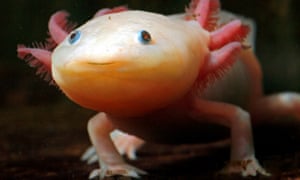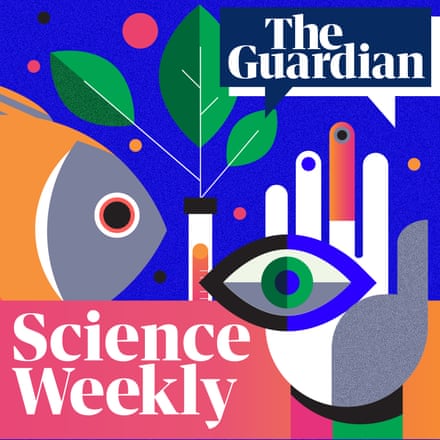Is it time for an update to evolutionary theory? - Science Weekly podcast
The extended evolutionary synthesis is controversially proposed as an update to evolutionary theory as we know it. Nicola Davis explores the arguments
Subscribe & Review on iTunes, Soundcloud, Audioboom, Mixcloud & Acast, and join the discussion on Facebook and Twitter
On 24 November 1859, Charles Darwin published his seminal work On the Origin of Species, laying out what would later become the foundations of our understanding of evolution. Over 150 years later and many of Darwin’s ideas still underpin evolutionary theory. But a group of academics are beginning to challenge this with something they call the “extended evolutionary synthesis”. But is an update needed? And if so, why? More importantly, why have so many in the field branded the ideas of extended synthesis both unnecessary and counter-intuitive?
In search of answers, Nicola Davis speaks to one of key spokespeople for the extended synthesis theory, City College of New York’s K.D. Irani professor of philosophy Massimo Pigluicci. We also hear about the potential similarities between learning theory and natural selection from the University of Southampton’s Dr Richard Watson. Finally, evolutionary biologist Professor Joan Strassmann, the Charles Rebstock chair of biology at Washington University, St Louis, explains why she opposes this call for an update.
- Follow us on Twitter: @NicolaKSDavis, @maxjsanderson, and @guardianaudio
- Find other Guardian podcasts, including Football Weekly, the Story and Audio long reads

The Guardian is editorially independent. And we want to keep our journalism open and accessible to all. But we increasingly need our readers to fund our work.
Support The Guardian